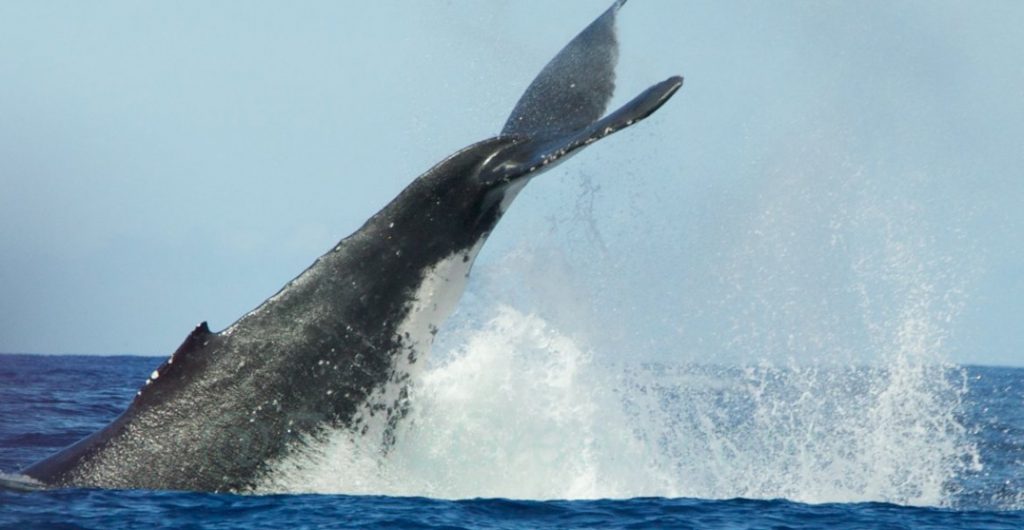Several nations in the southern hemisphere defend the sanctuary creation with the hope of developing tourism whale watching
Several South American nations – Argentina, Brazil, Uruguay – as well as South Africa and Gabon defend the creation of this sanctuary with the hope of developing tourism whale watching. But that is without counting on the determination of Japan, Iceland and Norway, the top three countries united to scuttle the sanctuary proposal to better safeguard their business interests.
These three nations have used legal loopholes and controversial arguments to maintain whaling, even within existing sanctuaries. Despite the renewed rejection, environmentalists and countries in favor of the sanctuary will continue to work for the creation of a whale sanctuary at the next IWC meeting in 2018. Meanwhile, the question remains how to better protect whale hunting pro countries.
If the hunting pressure has declined, these animals are facing increasing pollution, including noise, and maritime traffic expansion
Despite a conviction in 2014 by the International Court of Justice, Tokyo resumed in 2015/2016 its hunts for whales, especially in Antarctica. Some 300 individuals were killed by Japanese whalers during the 2015-2016 campaign. Many countries refute catches perpetrated by the Japanese scientific purposes to the extent that non-lethal means could be implemented. The International Whaling Commission is celebrating its 70 years of existence.
Originally created to manage commercial whaling, which was at its height in the mid 20th century, it finally donned a protective role of these cetaceans. Scientists and advocates for greater protection of whales out that if hunting pressure has declined, these animals are facing increasing pollution, including noise, and maritime traffic expansion.




